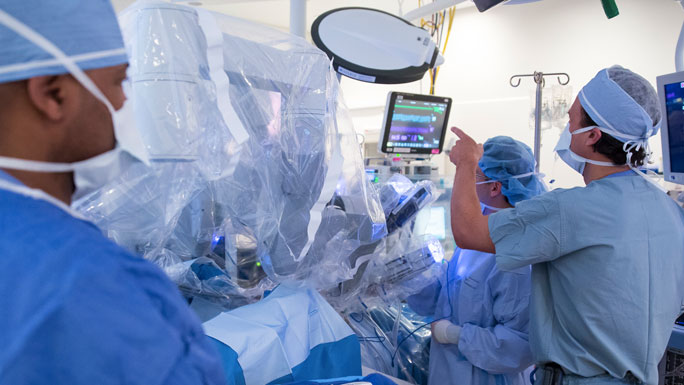Recurrent Prostate Cancer Treatment
Request an Appointment for Prostate Cancer Care
We are currently experiencing a high volume of inquiries, leading to delayed response times. For faster assistance, please call 1-855-702-8222 to schedule your appointment.
If you have symptoms of an urgent nature, please call your doctor or go to the emergency room immediately.
For Referring Physicians
To refer a patient for prostate cancer care, please call UCM Physician Connect at 1-800-824-2282.
By submitting this form you acknowledge the risk of sending this information by email and agree not to hold the University of Chicago or University of Chicago Medical Center liable for any damages you may incur as a result of the transfer or use of this information. The use or transmittal of this form does not create a physician-contact relationship. More information regarding the confidentiality of this request can be found in our Privacy Policy.
* Indicates required field

Cancer Care Second Opinions
Request a second opinion with a UChicago Medicine urologic cancer expert.

High Risk & Advanced Prostate Cancer Clinic
Focused care for men at risk for prostate cancer and those with advanced disease.

Participate in a Prostate Cancer Clinical Trial
UChicago Medicine physician-scientists are actively conducting clinical trials of new therapies for prostate cancer.


